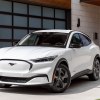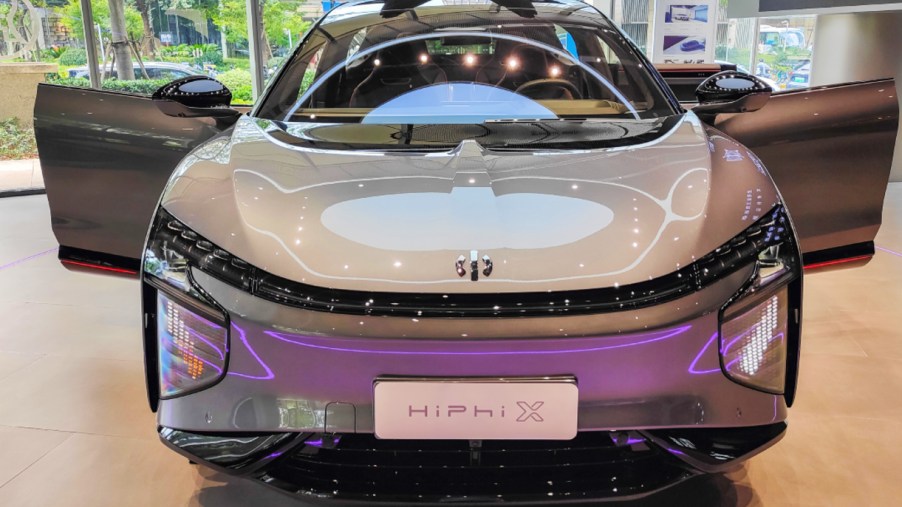
Automakers Need to Solve This Problem Before Making Any More EVs
Electric vehicles now account for a larger percentage of the new vehicle market share than ever before. The automotive industry has officially entered the age of the EV. Automakers like Nissan, Tesla, Chevrolet, Ford, Volkswagen, Audi, Hyundai, and many more have all successfully mass-produced electric vehicles. Before automakers produce any more EVs there is one issue that should be seriously considered.
The problem with electric vehicles
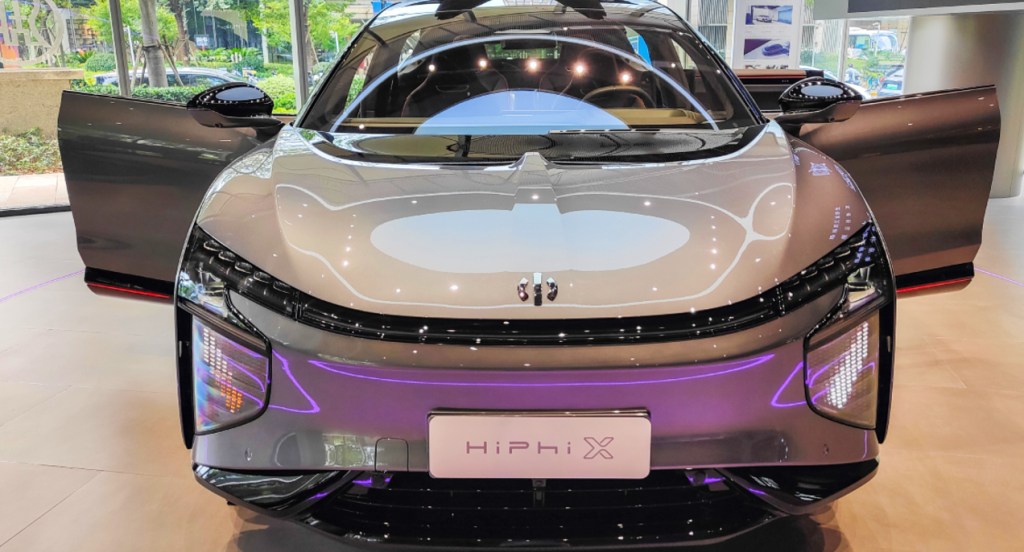
Electric vehicles are seen as the environment’s sole savior in reducing carbon emissions. They are so necessary that multiple governments are beginning to pass strict new emission laws and incentivize electric vehicle ownership. In the United States, new EV owners are often eligible for a tax incentive after their purchase that amounts to thousands of dollars.
Despite the occasional debunked rumor and theory, electric vehicles seem to only have upside. The good news is that EVs can drastically reduce carbon emissions. As a society, we are on our way to both producing and purchasing more electric vehicles. The bad news is that many electric vehicle batteries rely on natural resources.
Electric vehicle production is much cleaner and greener than internal combustion engine vehicle production. That being said, electric vehicle lithium-ion batteries do use metals like cobalt and other materials found in the deep sea. Deep-sea mining is required to gather these materials. This process can have unforeseen environmental consequences. Some experts worry that we may be trading one climate crisis for another by relying so heavily on the deep-sea mining process.
Have electric vehicle batteries reached their true potential?
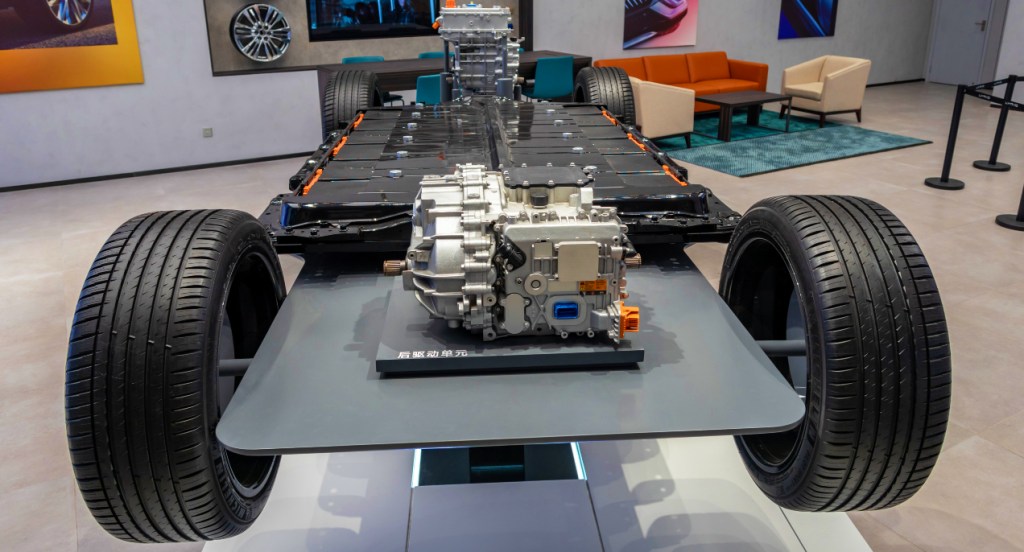
Electric vehicle batteries have come a long way and are still rapidly improving. Although automakers have made great strides in the development of these electric battery modules, the truth is, many will be obsolete in just a few years. Battery range and capacity are the single most important EV attributes. As electric vehicles evolve their ranges will increase to the point where they will eventually be as practical as gas-powered vehicles.
Today electric vehicle battery ranges leave much to be desired. Even the Ford Mustang Mach-E has given reviewers and consumers range anxiety. The Mach-E has been considered as the best EV of 2021 by many automotive publications but it still cannot leap the biggest hurdle that EVs face.
The Ford Mustang Mach-E is a unique case because some models make 480 horsepower and have over 300 miles of range. The Mach-E is in many ways the best affordable, electric vehicle money can buy in terms of performance. It provides great value yet it reveals a sobering truth despite its pep and unique design. Even 300 miles of range on a single charge isn’t enough to satisfy many consumers.
What automakers must do before producing more EVs
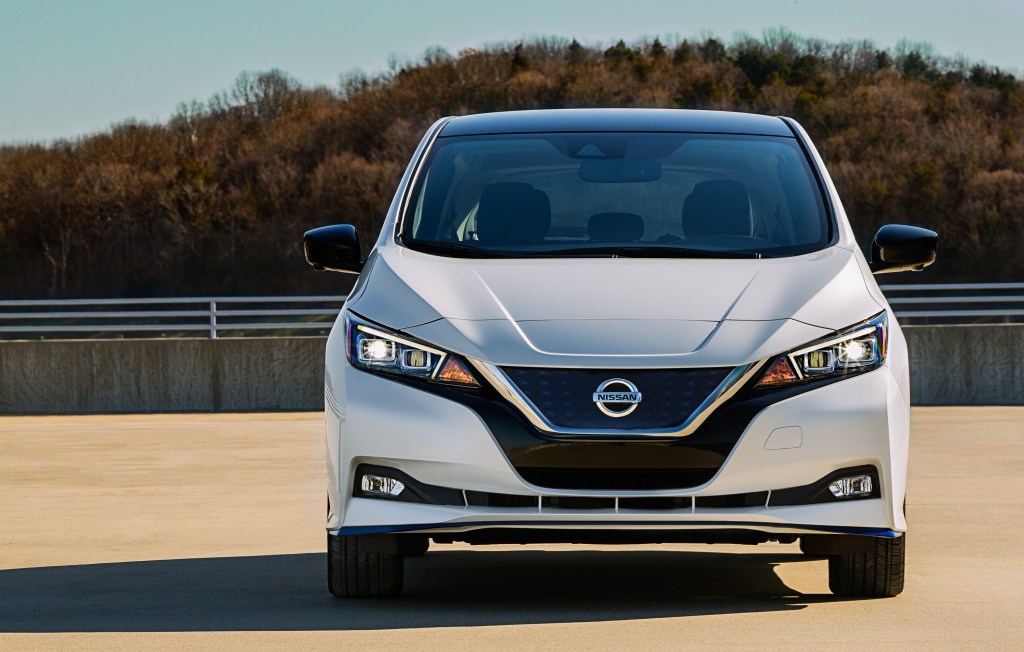
While flooding the market with new electric vehicles can have a positive short-term effect on the environment, EVs must have decent range to have a lasting impact. EVs with poor battery capacity and range are causing many consumers to switch back to gas-powered vehicles. The Nissan Leaf is a perfect example of a popular electric car that could greatly benefit from a boost in range. The Nissan Leaf currently has a max range of approximately 226 miles. According to Car and Driver, the standard model only has 149 miles of estimated range.
Before producing more electric vehicles automakers need to strongly consider longevity. The Nissan Leaf may be a popular electric car today but in a few years, its standard battery range will be laughable. Automakers are now making EVs with 300 miles of battery range for entry and mid-level trims. Some EVs exceed 300 miles of range for their highest trim levels.
Electric vehicle batteries with low battery ranges are also detrimental if they aren’t recycled. Mass-producing EVs with low battery ranges can contribute to the shortage of EV battery materials making them more costly. Ultimately, EV batteries with low ranges don’t benefit the consumer or the automaker in the grand scheme of EV buying and selling. For EVs to thrive, battery range must dramatically improve.
